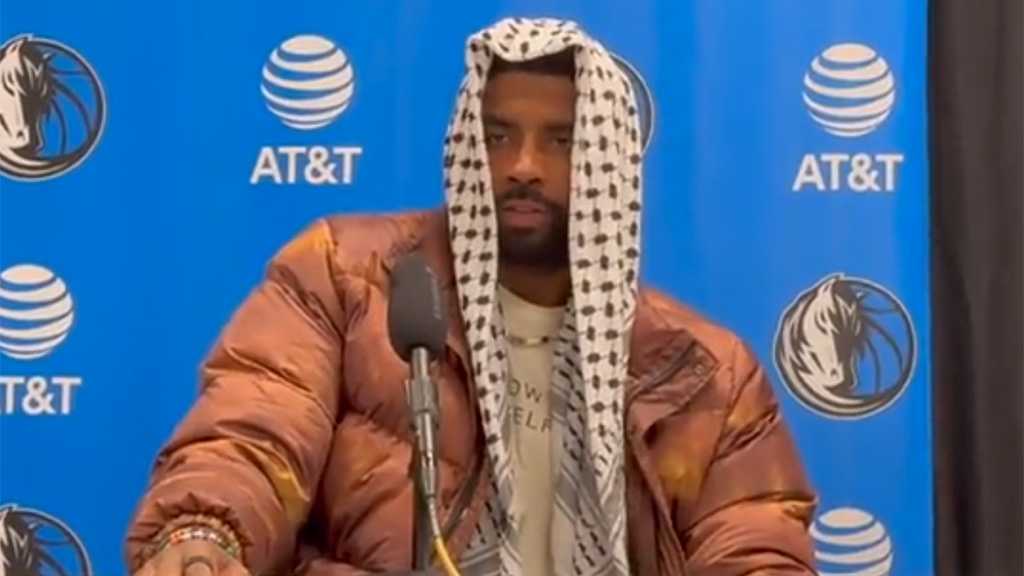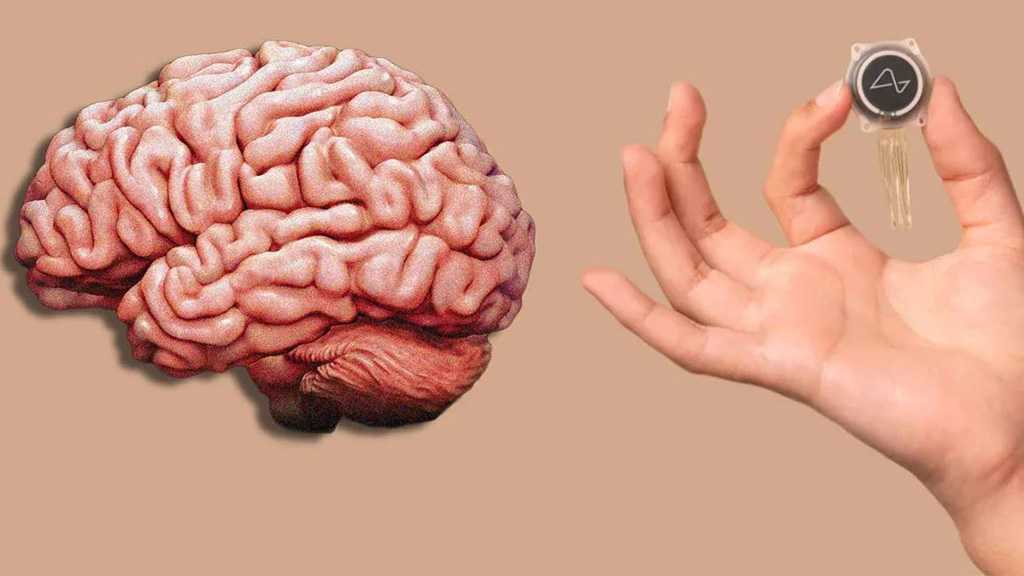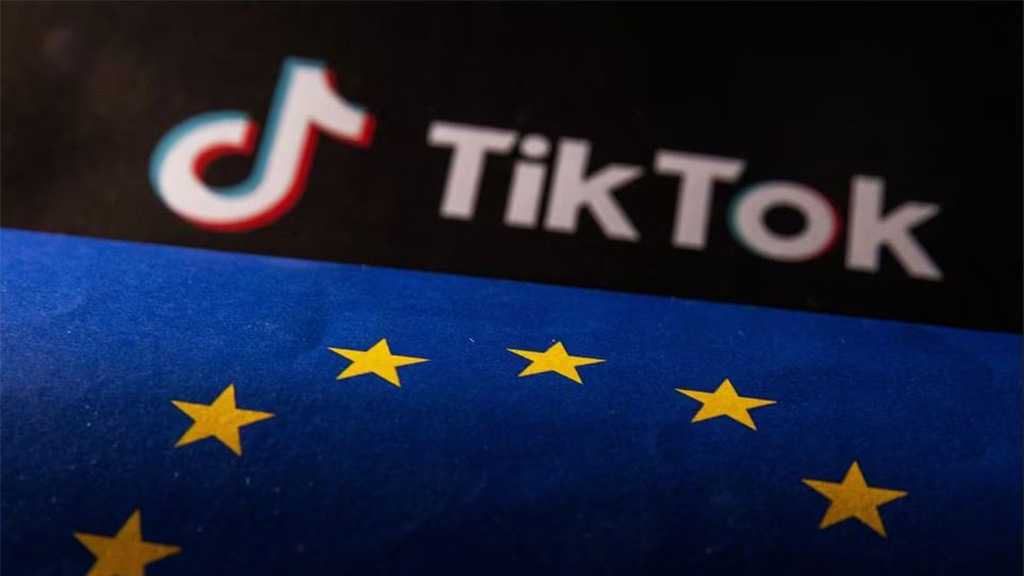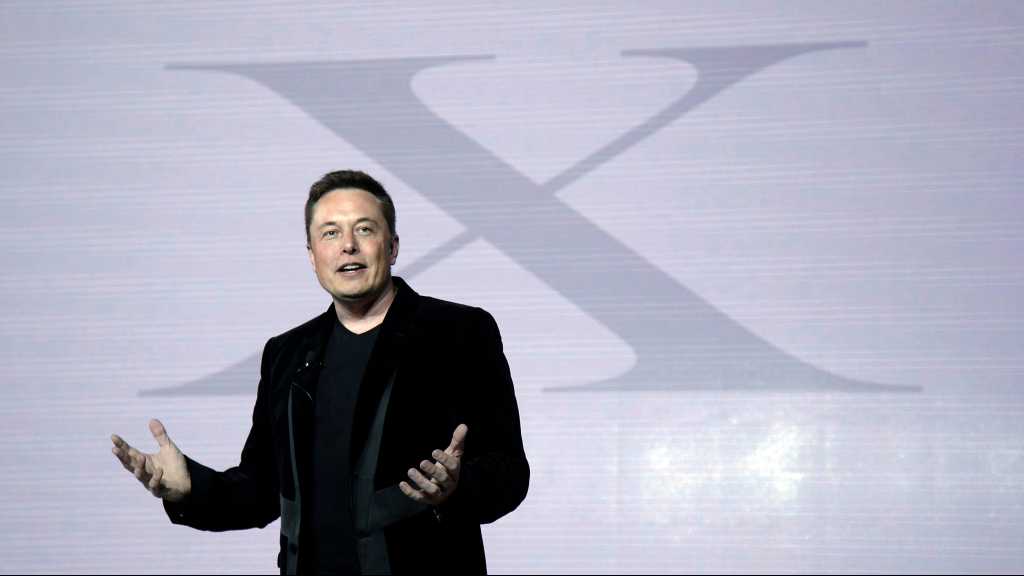
Midwife Who Worked through Liberia’s Civil War, Ebola Crisis Has 1,000 Children Named after Her
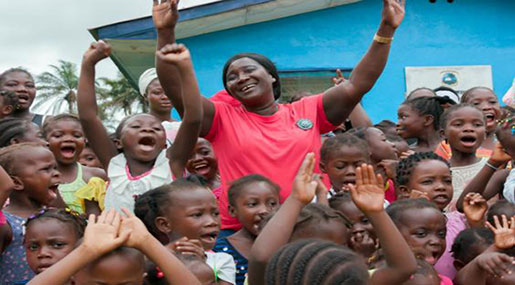
Local Editor
Alice Sumo was being held at gunpoint the first time she delivered a baby.

Then just 20 years old, she was still training to be midwife in civil war-torn Liberia when she came across a young woman in labor at the roadside.
Armed militia nearby were threatening to use their rifles to silence the woman's moans of pain.
"She was screaming and screaming," said Alice. "There was an armed man there shouting, ‘Is there nobody to help? We'll kill the woman because we don't want her screaming.'"
Defying her worried father's protests, Alice stepped forward.
Despite being threatened with death herself if the procedure went wrong, Alice delivered the baby safely. With no medical kit to work with, she was forced to smash a glass bottle with her bare hands and use its jagged edge to cut the umbilical cord.
In the following 28 years, thousands more children have entered the world at Alice's hands. Many are now her namesakes.
More than 1,000 children delivered at her clinic near Monrovia have been named after her.
A whole community of people called Alice - or Alex or Ellis, when they are boys - have been begun life at White Plains health center, 15 miles north of the Liberian capital. Their ages now range from nearly 30 years to just a few days, with the latest Alex was born last week.
The children are a living testament to the impact Alice has had in one of the world's poorest countries - a nation where a third of women give birth without a midwife.
In her three-decade career, Alice has seen two civil wars and the worst outbreak of Ebola in history. She did not stop working even during the epidemic which claimed nearly 5,000 lives in her country in 2004 and 2005.
"When the Ebola crisis came to Liberia it was terrible," said Alice, now 48. "I was just working for hours. Others were afraid, some nurses started rejecting patients, but I was working. "
She donned a protective "space suit" given to health workers to stop the disease spreading, but it did not stop her being ostracized by her community.
"My neighbors, they were afraid of me, they never used to allow their children to come to me," Alice said.
The Ebola crisis devastated Liberia's health system, which already had one of the world's worst doctor-to-patient ratio. People in remote communities can travel for miles for treatment at sub-standard health centers.
In Liberia in 2016, one in 15 children died before their fifth birthday.
Source: News Agencies, Edited by website team
Comments
- Related News
